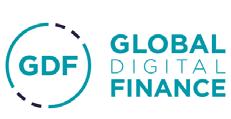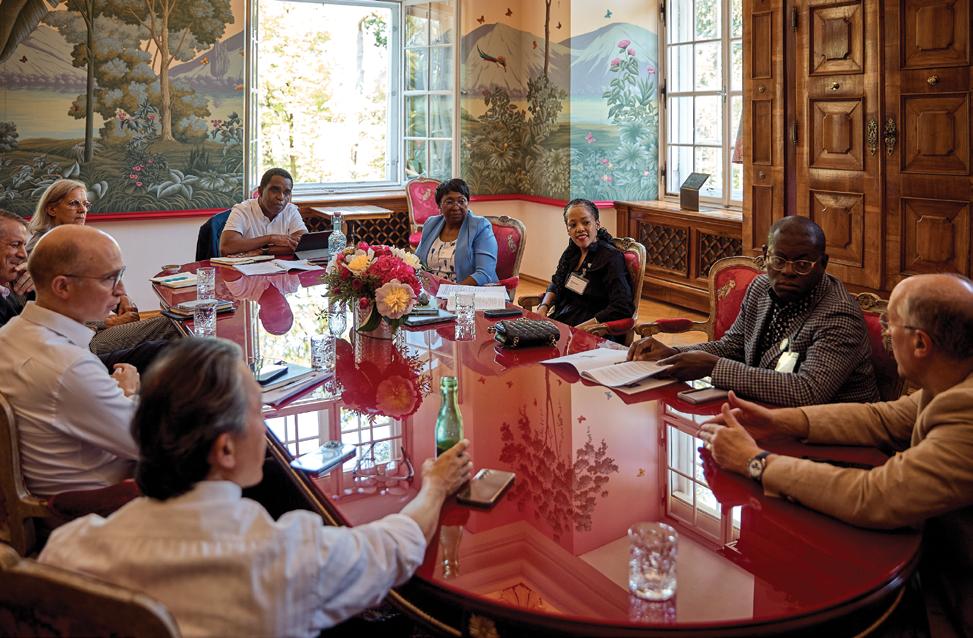
June 16 to 18, 2025
Schloss Leopoldskron
Salzburg, Austria
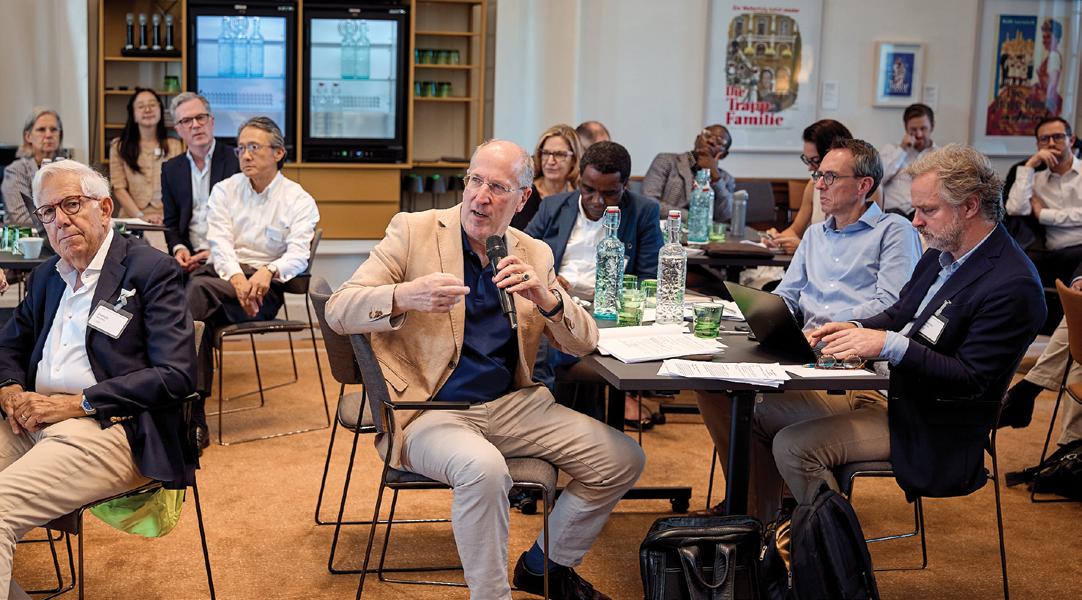
The 2025 annual session of the Salzburg Global Finance Forum, convened from June 16 to 18, 2025, at Schloss Leopoldskron in Salzburg, Austria, addressed a pressing question: Is the global financial order, like the world during the Salzburg Global Seminar's founding in 1947, again facing a period of fragmentation and realignment?
The consensus from the diverse gathering of global public and private sector leaders was nuanced: The global financial order is indeed undergoing a systemic transition away from the neoliberal trade order toward a more complex and volatile structure driven chiefly by geopolitical tensions, strategic competition, and domestic political constraints and economic priorities. Yet, while shaken, the existing global financial order is certainly not deterred or broken.
Discussions during the three-day session consistently highlighted how powerful geoeconomic policy change compels regulators and policymakers to revisit a priori principles guiding a generation of economic thought, including central bank independence, the U.S. Dollar as the dominant medium of economic exchange, the role of cryptocurrencies as a medium of innovation and a competitor to fiat currency, and the previously sacrosanct role of multilateral institutions built to secure the post-WWII global world order.
While technological change, particularly advancements in Artificial Intelligence (AI), tokenization, and blockchain technologies, promise to shift the financial landscape, regulators face the complex challenge of managing financial market risks associated with this evolution without undermining innovation. Conversely, domestic political considerations increasingly drive industrial policy and generate the risk of market balkanization, sometimes involving these very technologies. Related discussions also delved into post-election regulatory shifts, AI governance, modernizing payment systems and related chartering frameworks, and the essential element of trust in the financial system.
1
2
The following seven key insights encapsulate the robust panels, conversations, and debates:
The U.S. seeks to restructure and rebalance, not dismantle, global multilateralism. Discussions largely affirmed the enduring importance of multilateralism. Fellows generally agreed that the U.S. is not abandoning its global leadership role, including in international organizations and forums. Instead, the U.S. is seeking to reform the existing system, prioritizing innovation, economic growth, deregulation, inclusion, and resilience in its approach to global trade and economic policy. Some participants expressed concerns about the U.S.’s treatment of its traditional allies while widely acknowledging the overarching need to re-evaluate and rebalance aspects of the global economic system.
Regulatory frameworks need to be simplified and modernized for growth and stability. A significant theme revolved around the reassessment of financial regulation. Many participants argued that current bank capital requirements are excessive, advocating for international efforts (i.e. Basel) to focus on creating basic baselines rather than overly complicated, onerous, or prescriptive rules. These efforts, it was suggested, need to be "right-sized and recalibrated." Generally, prescriptive requirements on banks were seen as potentially forcing activity into the less-regulated non-bank sector. A common call across discussions was the vital need for "tech-neutral regulation."
In the U.S., specific reforms were deemed necessary to prevent federal banking regulators from requiring pre-approval for banks to engage in innovative areas, including digital assets and AI. It was noted positively that past administration policies requiring such pre-approval have been replaced by guidance allowing banks to pursue digital asset activities consistent with safety and soundness principles. The removal of "reputation risk" as a consideration for engaging in lawful activities was also highlighted as a step to promote innovation without perceived political influence. In the EU, regulation was seen as overly complex, and while regulators were praised for success in ensuring stability, there were concerns that complexity was hindering innovation. The vital need for "tech-neutral regulation" was highlighted across the group.
More broadly, while deregulation was a prominent idea, Fellows clarified that this primarily meant simplification of regulations spanning hundreds of pages rather than eliminating market-stabilizing and trust-building protections. They strongly advocated for tailoring requirements to actual risks while respecting the need for regulatory elegance to ensure ease of compliance.

3
Modernizing payment systems requires specialized payments charters.
To foster payments modernization and expand the regulatory perimeter, many Fellows advocated for specialized payments charters, a model several jurisdictions, such as the UK, are already implementing. Some argued that not all banks are insured deposit takers and therefore should not be regulated as such, allowing for more proportionate oversight for payments-focused entities. Innovations like distributed ledger technology (DLT) and stablecoins were consistently identified as having a crucial role in generating greater efficiencies in global payments systems, prompting discussions on existing barriers to their greater adoption and their potential impact on U.S. Dollar dominance. The establishment of coherent stablecoin frameworks was viewed favorably, especially with respect to regulating and safeguarding reserves.
4
Overbroad explainability requirements hamper innovation, while enhanced data privacy regulations protect trust in the financial system.
Fellows broadly concurred that existing financial services laws, regulations, and model risk management frameworks are fit for purpose in mitigating AI-related risks, meaning major new regulatory paradigms are not immediately necessary. Some suggested that regulators could effectively use their "soft power" to encourage responsible AI adoption in financial services and use regulatory tools to clarify expectations. Many Fellows expressed the need for national data privacy laws to safeguard consumer expectations but allow for the use of high-quality permissioned data in model training.
The transformative potential of AI in financial services, including generative AI, was highlighted for improving product delivery, enhancing customer service, countering fraud, bolstering cybersecurity, and improving operational efficiencies. Some expressed concerns, however, that unclear regulatory expectations regarding "explainability" requirements for AI are impeding adoption in high-value areas, including Anti-Money Laundering (AML). Some participants noted that explainability should be calibrated to the risk of the application and that other risk mitigants, including ongoing testing and monitoring of outcomes, can effectively prevent harms without granular explainability requirements. Participants argued that clear regulatory expectations are accordingly necessary to avoid inadvertently chilling AI adoption that can improve a highly imperfect status quo.
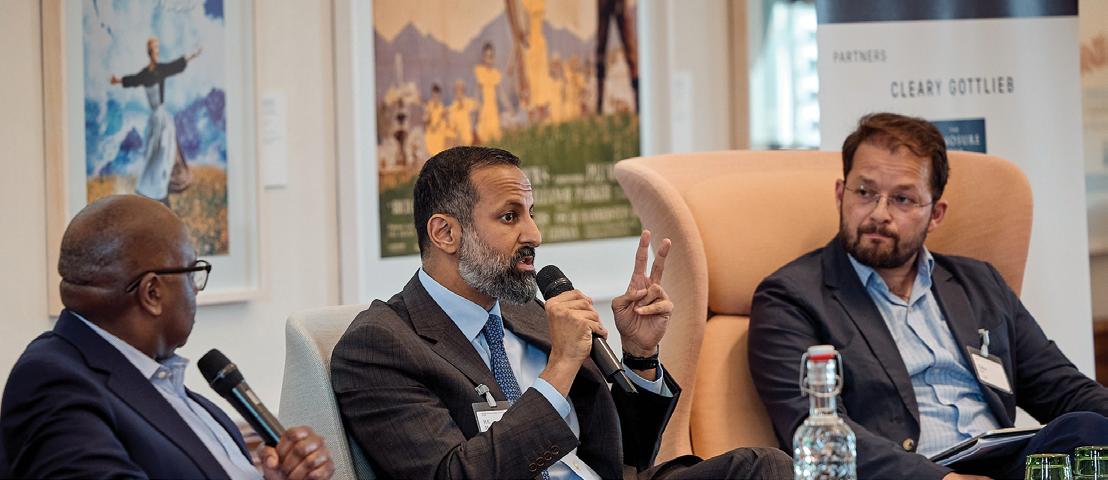
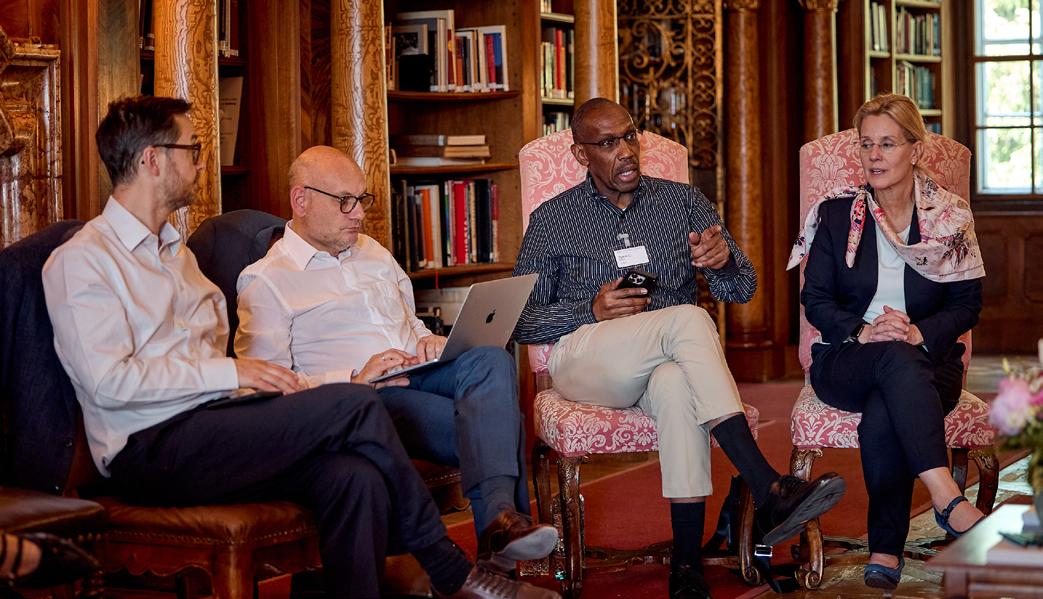
Tokenization is driving rapid efficiency advancements and is being embraced by traditional financial institutions.
Favorable attitudes toward the adoption of digital assets have swiftly moved into the mainstream, with traditional banks and asset managers increasingly embracing digital asset and blockchain technologies. A significant future expectation is the widespread tokenization of all financial assets and instruments, including money itself. This could manifest as Central Bank Digital Currencies (CBDCs) in some jurisdictions, and stablecoins in others, each offering large efficiency and inclusion benefits and providing better ways to design core financial infrastructure. Fellows also discussed the benefits of open, interoperable blockchain systems, noting that permissionless networks often include enhanced transparency and resiliency. A more constructive regulatory environment anticipated in the U.S. and global investment into tokenization projects are expected to drive rapid advancements in this area.
Market participants should think of digital assets as a wealth creation technology for the Global South.
Emerging markets stand to particularly benefit from stablecoins, which have the potential to allow them to "leapfrog" the limitations of underdeveloped or non-existent real-time payment systems. There are also ongoing efforts in these markets to ease processes and attract retail investors to nascent capital markets, thereby supporting capital formation and wealth creation opportunities locally. CBDCs also present opportunities in environments with limited access to traditional banks and financial products, potentially offering fundamental banking solutions where physical infrastructure is insufficient, though their implementation would require significant guardrails against potential government or commercial provider access to personal data. Notably, private-sector solutions like fiat-backed stablecoins can address many of the same financial inclusion and efficiency issues as CBDCs.
The U.S. Dollar's primacy looks set to endure, but will be increasingly subject to challenge and the risk of erosion.
While there are acknowledged risks to the global primacy and reserve status of the U.S. Dollar, including an increasing global popular demand to diversify away from it, few viable alternatives currently exist. Recent periods of global volatility and uncertainty have reinforced the Dollar's role as the ultimate safe haven asset. However, Fellows noted that this privilege should not be taken for granted, as further geopolitical and trade fragmentation could pose significant challenges to its status. Notably, many stablecoins are Dollar-backed, a reality that could support further international dollarization by providing new digital channels for Dollar usage.
Some Fellows strongly argued that the biggest long-term threat to the Dollar is the unsustainable trajectory of the U.S. federal debt; others underscored the urgent need for the U.S. to prevent erosion of trust, including through its treatment of allies and global institutions. Europe, for its part, is pushing the development of securitization markets but needs more investable opportunities to gain economically from a perceived U.S. retreat on the global stage.


The Salzburg Global Finance Forum consistently highlighted a rapidly changing global financial system characterized by potentially deepening fault lines.
Fellows cautioned that economic nationalism is creating new financial barriers and blocs that can further fragment global trade and could result in greater financial fragmentation. Nevertheless, the creative capacity of market capitalism to generate wealth and lift humanity out of poverty more effectively than any competing economic framework remains intact.

The next Salzburg Global Finance Forum is scheduled for June 15 to 17, 2026. Stay tuned for updates online.
Nicola Daniel, Director, Finance and Governance ndaniel@salzburgglobal.org



